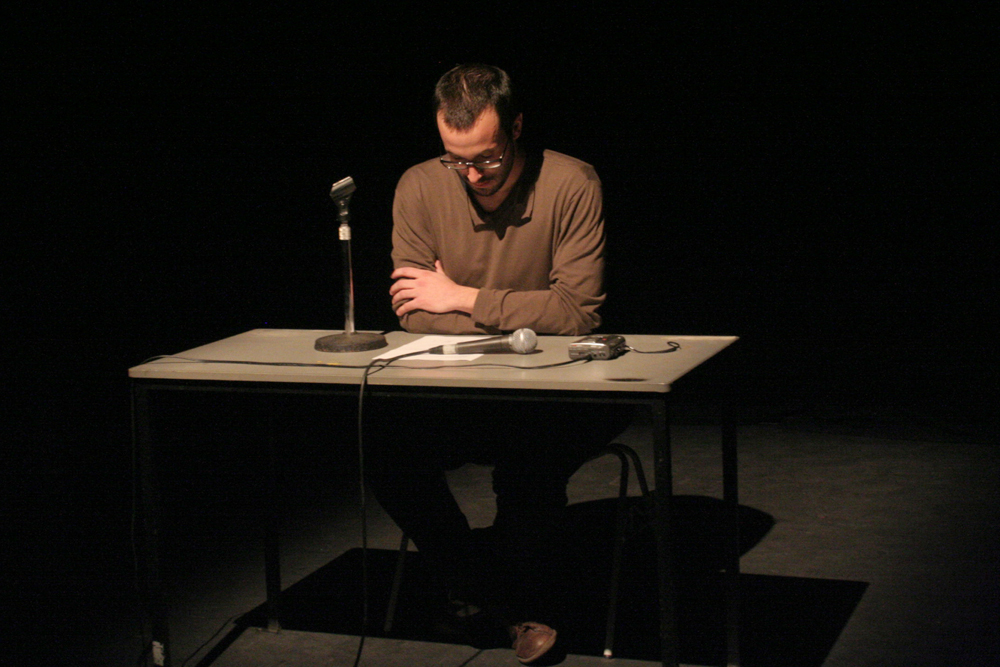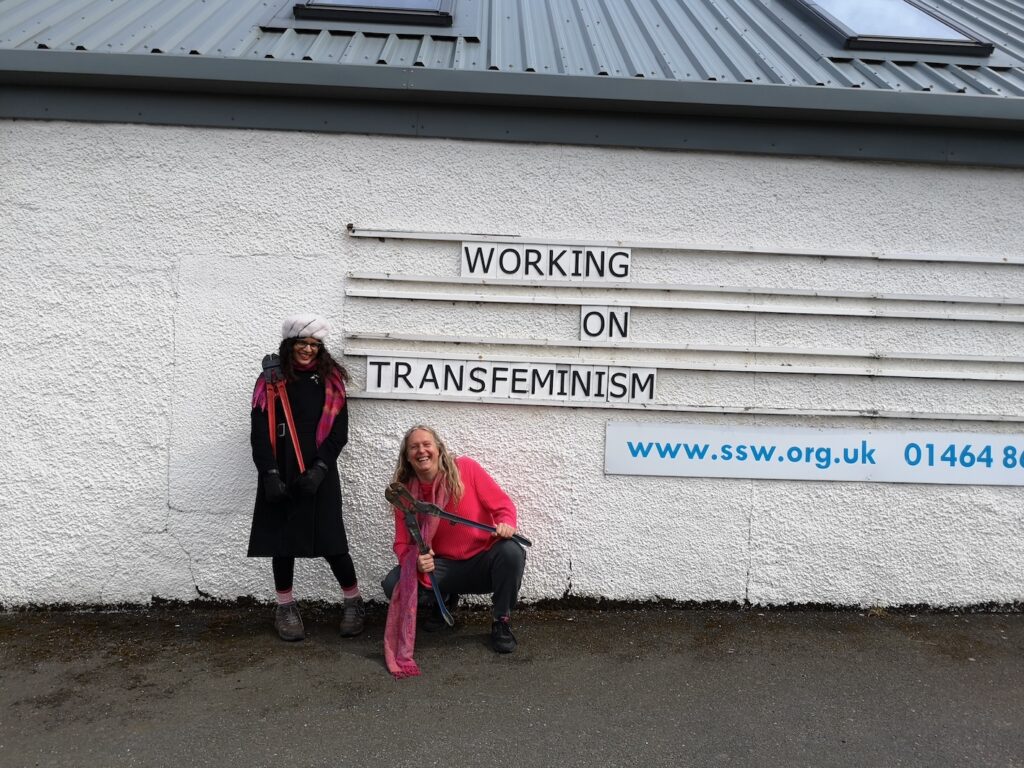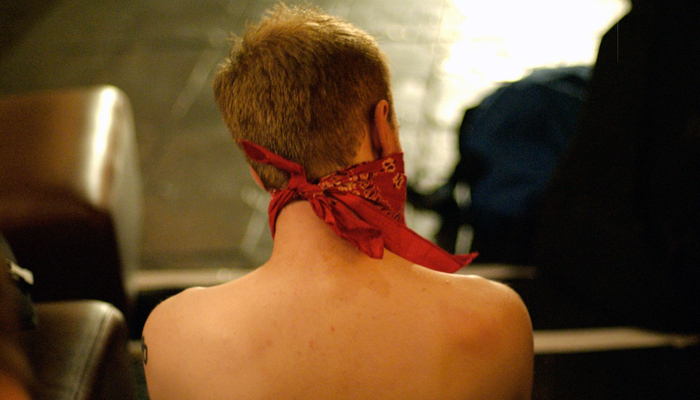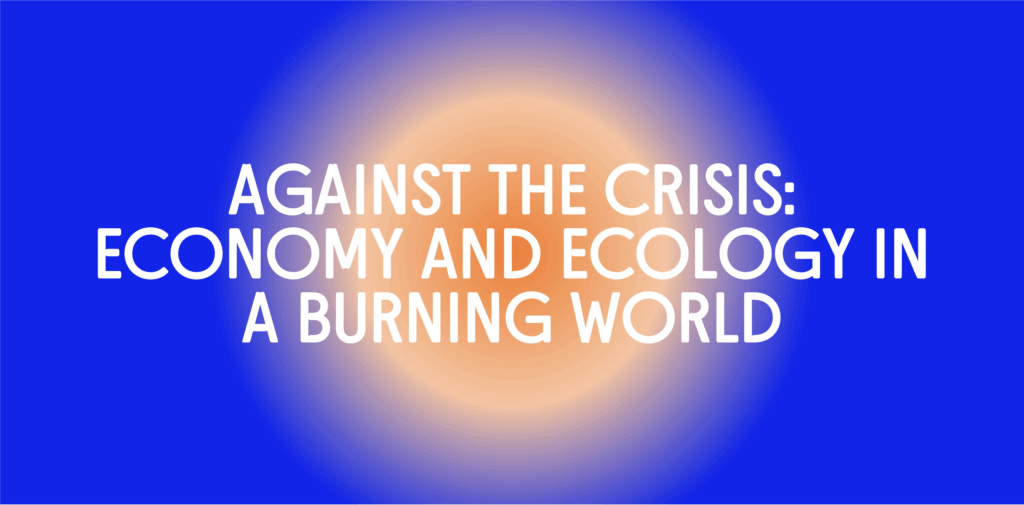
It Doesn’t Say What It Says
Loïc Blairon
Open-ended, paradoxical and performed investigations into: misunderstanding, language games, form saturated with sense, and consecutive matters…
Arika have been creating events since 2001. The Archive is space to share the documentation of our work, over 600 events from the past 20 years. Browse the archive by event, artists and collections, explore using theme pairs, or use the index for a comprehensive overview.

Open-ended, paradoxical and performed investigations into: misunderstanding, language games, form saturated with sense, and consecutive matters…

Nat Raha and Mijke van der Drift undertake two intensive writing residencies at Scottish Sculpture Workshop in Lumsden and Hospitalfield in Arbroath.

Nothing if not repetitive, film is founded on the incremental succession of minute difference. But how does repetition of the same play out, and is it a tool to comment on the standardising repetition of the mass media?

A simple hands on workshop with micro-radio theorist and pioneer Kogawa.

Rather than asking the state for services, what kinds of change are made possible when we prioritise people supporting each other?

A discussion about what is at stake in the performance of realness and the practice of passing, and how they are both acts of survival and resistance.

Thirty lucky Instal punters experience Kylie’s pre-match aggro workout one-on-one in the darkness of an Arches dressing room.

In rethinking the body, the law, the state, gender, race, violence, care and empathy, how we might give humanness a different future?


A recreation of one of Gustav Metzger’s celebrated auto destructive performances.

An improvisation that may or may not involve (typical) improvisation.

Join Ståle Holgerson to discuss his new book Against the Crisis, hosted by Glasgow Housing Struggle Archive